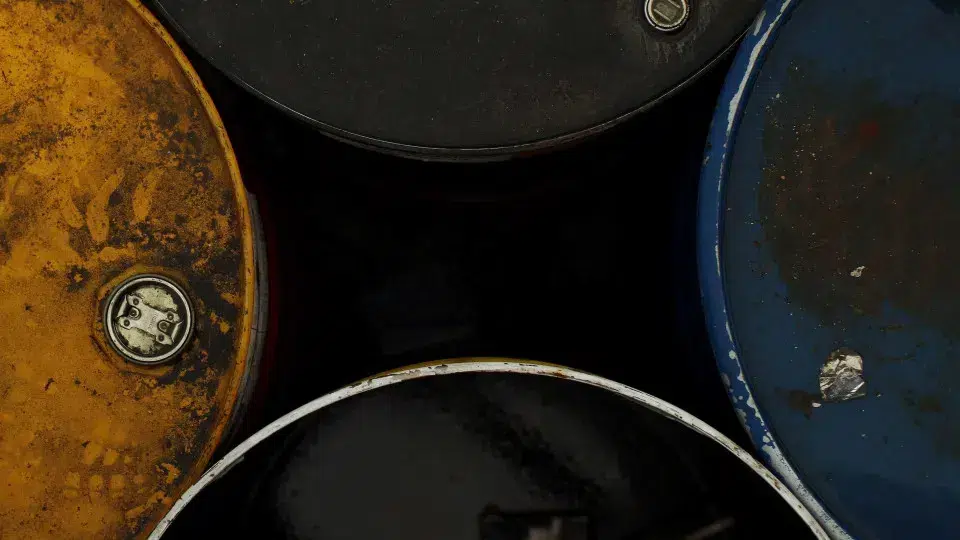
The book “Franco’s Black Gold” by Ángel Viñas and Guillem Martínez was presented in Spain on Wednesday, coinciding with the 50th anniversary of the dictator Francisco Franco’s death (1892-1975).
The authors told the Spanish news agency EFE that the assistance from the United States, “in the form of large quantities of oil,” was crucial for Franco’s troops’ victory in the Spanish Civil War (1936-1939).
They argue that while the support from the fascist powers (Italy and Germany) is well-documented, what was previously unknown was the fuel provided by some American oil companies to the nationalist forces led by Francisco Franco.
In their research, Viñas and Martínez noted that the Standard Oil of New Jersey, United States, “as well as other smaller suppliers” supported Franco and utilized Portugal as a transit territory.
The historians’ study indicates that a few days before the start of the nationalist coup on July 18, 1936, the British chargé d’affaires in Madrid sent a report to London about the flow of fuels destined for the nationalist forces.
The agent cited by the ambassador warned that the British company Shell “might send gasoline to Portugal.”
The book states that Shell “did not intervene,” unlike the American Standard Oil.
In this regard, historian Ángel Viñas noted that the book does not sympathize with the stance of U.S. President Roosevelt, “who did not intervene with the (American) oil companies to prevent them from assisting” the nationalists.
The researchers believe that the oil, first from Standard Oil and then from Texaco, was critical for Franco’s troops’ victory.
“With Italian and German help, Franco organized the crossing of the Strait of Gibraltar, which did not last just a few days. The transport of rebellious forces from Morocco to the Iberian Peninsula continued until February or March 1937,” the historians said.
The book debunks the idea that the “Army of Africa,” led by Franco, crossed the Strait of Gibraltar in just a week with troops and military equipment, at a time when “oil played a predominant role in air and maritime transport.”
According to Guillem Martínez, “the Americans played a very important role in the oil sector, sending the best in refining as they were leading researchers in refinery development.”
Furthermore, Martínez adds that Franco had the “unconditional support of Texaco’s strongman, Torkild Rieber, of Norwegian origin,” who was sympathetic to the Spanish nationalists.
The American Texaco had signed a contract with the Spanish Republic in 1935, becoming the country’s main fuel supplier, but after the nationalist coup in July 1936, Rieber “changed sides” to support Francisco Franco’s forces.




